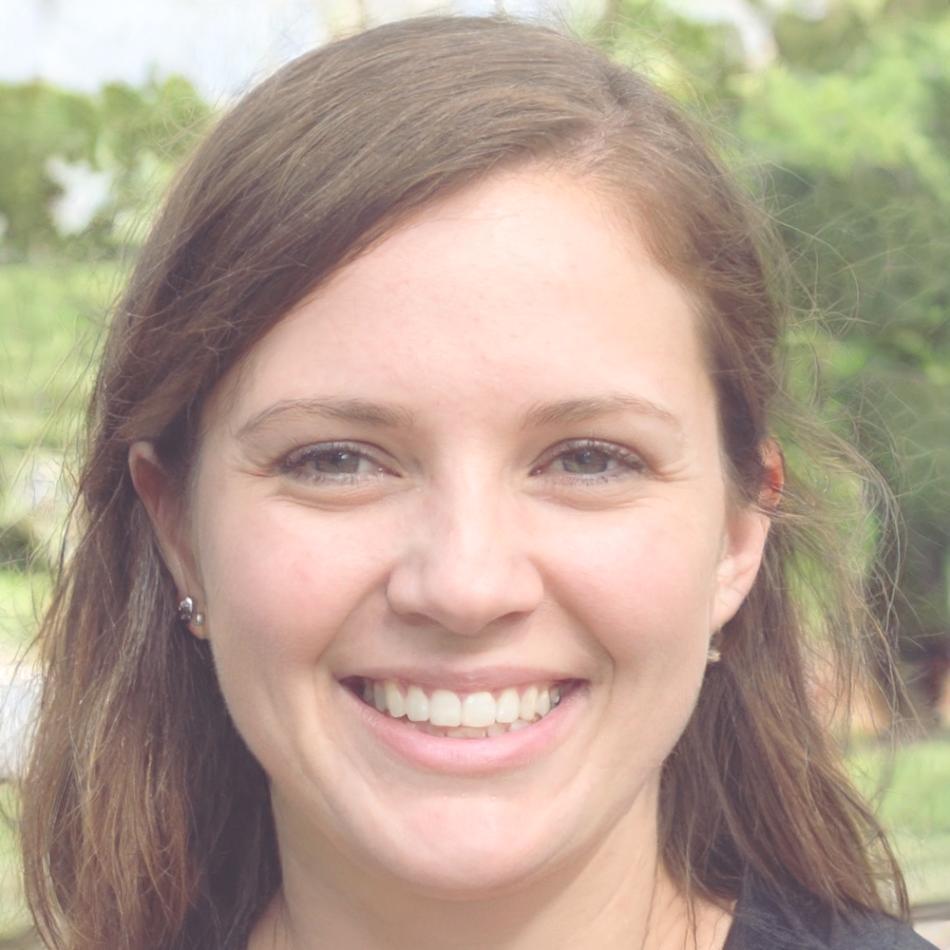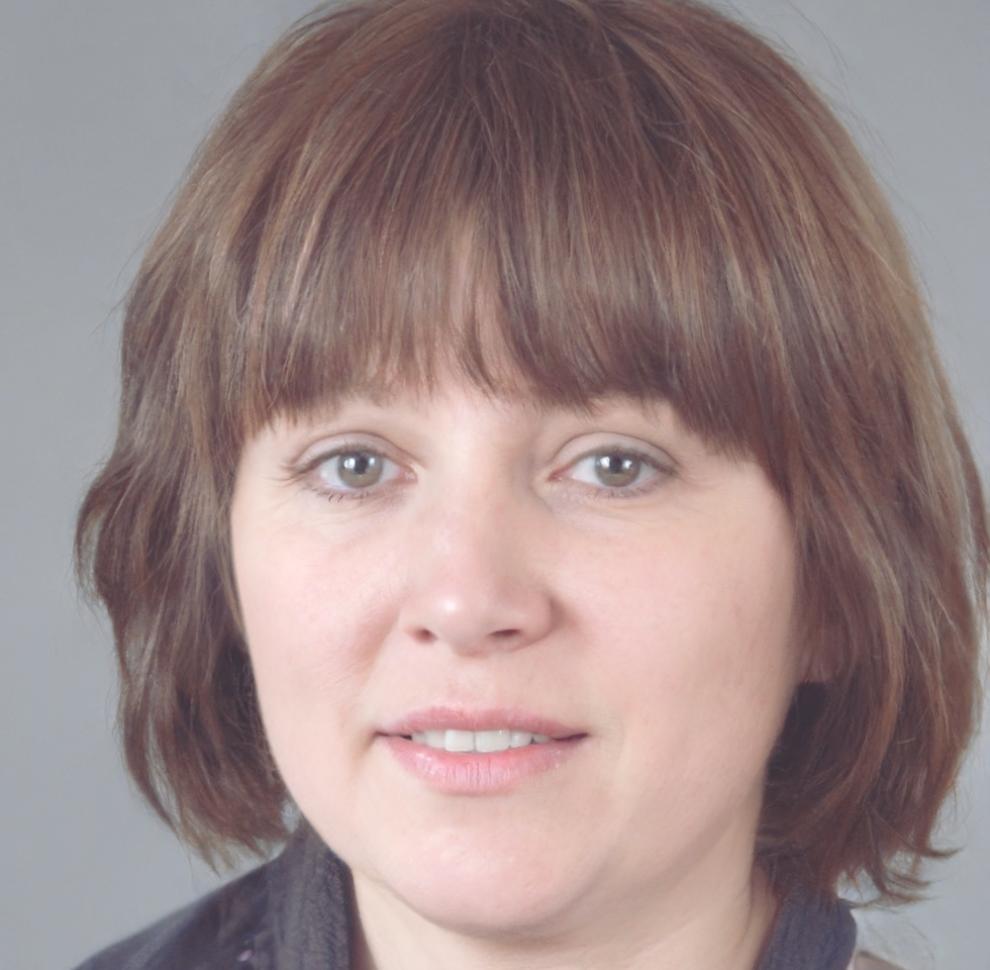Business Planning Education That Works
Real-world planning methods for Australian businesses ready to grow
We don't teach theory for theory's sake. Our program focuses on practical planning tools you'll actually use—cashflow models, market positioning, financial forecasting. The stuff that keeps businesses running when things get complicated.
Finding Your Starting Point
Most people arrive with different backgrounds. Some have run businesses for years but never documented a proper plan. Others are starting fresh with an idea and no framework. We adjust the entry point based on where you actually are.
Never created a business plan before?
Start with fundamentals—market research basics, simple financial statements, understanding your customer. You'll build confidence with smaller projects before tackling comprehensive planning documents.
Already running a business without formal planning?
We focus on documentation and systems. Taking what's in your head and making it reviewable, shareable, and useful for making better decisions. Lots of operational business owners fit here.
Need advanced strategic planning skills?
Jump into scenario modeling, competitive analysis frameworks, and multi-year financial projections. This level assumes you're comfortable with basic planning and want sophisticated tools.
Looking to support other businesses professionally?
Our consultant track covers client engagement, presenting plans to stakeholders, and adapting frameworks for different industries. You'll work through case studies and practice client scenarios.

How The Program Actually Runs
Three phases over 18 weeks. Each phase builds on the previous one, but we adjust pacing based on how the cohort is tracking. Some groups move faster, others need extra time on certain concepts.
Foundation & Research
Weeks 1-6Start with understanding your market and customers. Build basic financial literacy if needed.
- Market research methods
- Customer segmentation
- Basic financial statements
- Competitive landscape mapping
- Value proposition development
Planning & Modeling
Weeks 7-12Create actual planning documents. Work through financial projections and operational frameworks.
- Revenue forecasting techniques
- Expense management systems
- Cashflow projection models
- Risk assessment frameworks
- Operational planning structures
Implementation & Review
Weeks 13-18Put plans into practice. Learn how to review, adjust, and communicate your planning work.
- Stakeholder presentation skills
- Plan review and adjustment
- Performance tracking systems
- Strategic decision frameworks
- Client engagement methods
Who Teaches This
We work with people who've done this professionally—business consultants, CFOs, and experienced operators. They've all made planning mistakes themselves and learned from them.

Callum Hendricks
Financial Modeling LeadSpent 15 years building cashflow models for mid-sized manufacturers. Now helps others understand why their projections kept missing reality.

Freya Karlsson
Strategic PlanningFormer consultant who worked with 40+ businesses on expansion plans. Teaches the frameworks that actually get used after the consulting contract ends.

Saoirse O'Driscoll
Market Research MethodsRan market research for regional businesses across NSW. Focuses on research methods that work without massive budgets or dedicated teams.

Next intake begins September 2025. We limit cohorts to 12 participants so everyone gets proper attention. Applications open in June.
View Course Schedule